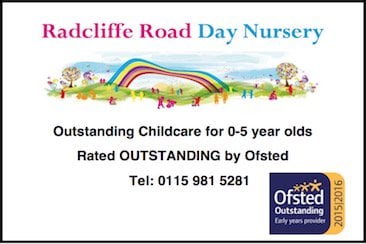Concerns have been raised over the sale of dead bats at an insect fair in Nottinghamshire.
The Midland Entomological Fayre takes place in Ollerton twice per year and has traditionally been a showcase for bugs like beetles and moths.
But two attendees of the most recent event – which took place in April – say that they were ‘absolutely shocked’ to find animals imported from southeast Asia on sale. Gary Lilley, from Leicester, and Chris Searle, from Suffolk, say rare artefacts were being sold as ‘toys or ornaments’ at the event.
Gary said: “Is this really what wild creatures should be used for? I thought we’d got over that 100 years ago in Victorian Britain. It’s as ludicrous as rhino horn or elephant tusk. I’m not a bunny hugger, I’m a realist. I’m amazed to see these things for sale in this country.”
The Midland Entomological Fayre has been running in various forms, locations and under various organisers for more than 20 years. Mr Holt took over the running of the event in 2012.
It often attracts hundreds of visitors. Mr Lilley had invited his friend, Mr Searle, to come with him to visit this spring’s edition, on April 6.
But they say their visit was marred by what they saw. One of the bats on sale at the fair, kerivoula picta, more commonly known as the painted bat, is categorised as ‘near threatened’ by the International Union for the Conservation of Nature (IUCN).
Mr Lilley and Mr Searle also claimed that there were endangered species of lizards on sale, as well as rare species of British butterflies and moths. A keen entomologist since his childhood, Mr Lilley has been investigating the illegal animal trade for the last 15 years after spending time in Indonesia, where trade in animals captured from the wild is rife.
The painted bat, and another species of bat for sale at the same vendor, had been imported from East Java and were being sold for £30 and £25 respectively. Mr Lilley said: “I don’t know how people find it acceptable to buy these creatures. I dread to think how they’re killed. It upsets me and a lot of other people that are true naturalists.
“I’m in favour of anything that encourages interest in natural history and wildlife but I think it’s now these traders are doing it purely for business. It’s basically a market stall now. As a responsible country, this needs to be stopped.”
Mr Lilley and Mr Searle also raised concerns about the potential for dried animals of the like to carry disease.
While there are more stringent laws in the UK about the culling of wild animals, there are not the same laws in other countries. Laws around importing dead animals to the UK are looser than the import of live animals.
Specimens like dried bats are permitted for a general licence import as long as they meet health certificate requirements.
If the general licence or health certiications cannot be met, a specific authorisiation will be required from the APHA Imports team.
Mr Holt said: “Firstly the bats are not on the CITES (Convention on International Trade in Endangered Species), not even the painted bat – which is only protected in Bangladesh not Indonesia.
“You don’t need import papers, only a certification of fumigation, which the Trader had and also the Declaration of Non-Infectious Methodology. The bats are classed as both pests and used as food items (in Indonesia), sold at local markets. Also, farmers class them as a nuisance as they ruin crops by the hundreds.
“I do appreciate the concern but unfortunately you can not please everyone in this entomology world.”
DEFRA said it would not comment on individual cases.









